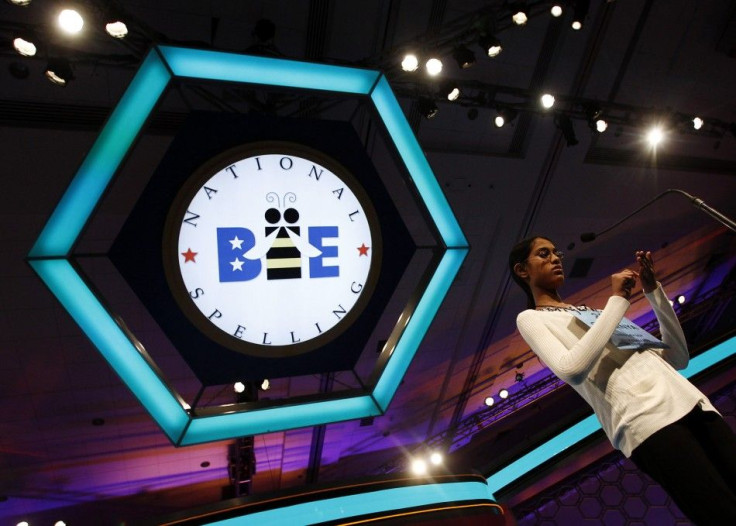National Punctuation Day 2021: Facts And Common Mistakes To Avoid
National Punctuation Day is marked annually on Sept. 24 to celebrate the underappreciated art of using correct grammar.
This day, which is not an official holiday, was first recognized in 2004. Newsletter writer Jeff Rubin created the day, and on his official website described it as "a celebration of the lowly comma, correctly used quotation marks, and other proper uses of periods, semicolons, and the ever-mysterious ellipses."
Here are a few of the most common errors of punctuation and ways to spot them:
Missing cCommas
Without a comma in a place where it needs to be, sentences can become run-on blocks of text without any breaks. This could lead to some confusion and also, sometimes, change the meaning of a sentence. For example, writing "I love cooking, my dog, and my wife" describes three things that you value. But, if you write "I love cooking my dog and my wife" then you would be termed nothing less than a monster.
Hyphens
Hyphens can be used as a compound modifier that has the ability to link two or more words that express a single concept, preceding a noun. If you forget to add a hyphen where needed, it can flip the meaning of a sentence completely. Example, "Is this a squirrel eating pumpkin" is completely different from: "Is this a squirrel-eating pumpkin."
Apostrophes
Adding an apostrophe and an "s" makes a noun possessive, not plural. Even when a singular noun ends in s, an apostrophe and an "s" is not the way to go. The plural of "glass" is "glasses," not "glass's." But if you did want to make "glass" possessive, you would simply add an apostrophe to get "glass'."
It’s Vs. Its
Remember that "it’s" is short for “it is” or “it has,” where the apostrophe designates a contraction and isn’t possessive. However, this is confusing, for example: “The dog lost its bone,” is possessive even though it doesn’t contain an apostrophe. If this can substitute the word with “it is” or “it has.” If so, then “it’s” is correct. If not, then “its” is probably correct.
Your Vs. You're
"Your" denotes possession, as in "that is your book" – this is the most common mistake people make when it comes to punctuation error. But "you're" is the contraction of "you are" and is a subject-verb predicate. In case this is something you don't understand or get confused with then, "you're bothering people with your poor punctuation."

© Copyright IBTimes 2025. All rights reserved.





















